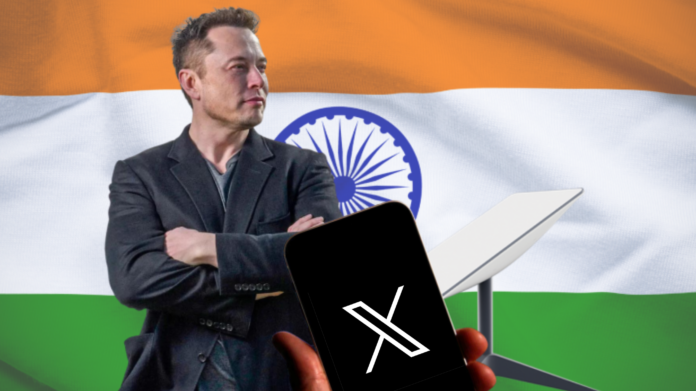Elon Musk’s social media company, X, has filed a lawsuit against India’s government, accusing it of misusing the law to censor content.
The case will be heard in court after X claimed that the new Sahyog portal, launched by the federal home ministry last year, is being used to extend censorship powers and compel the removal of content, according to BBC.
X argues that the portal grants government officials excessive powers to issue blocking orders, which violates India’s digital laws. The company has stated it cannot be forced to join the platform, labelling it as a “censorship portal.”
While the Indian government defends the platform as essential for addressing harmful online content, other major American tech companies such as Amazon, Google, and Meta have agreed to comply with Sahyog.
The portal automates the process of issuing government notices to content platforms, such as X and Facebook.
The lawsuit follows an order from India’s federal railway ministry for X to remove “hundreds of posts,” including videos related to a deadly stampede in Delhi, where 18 people died during the Kumbh Mela pilgrimage.
X contends that the takedown orders issued through Sahyog exceed the scope of the original law that empowers the government to block content.
This law requires senior officials to follow established procedures, including issuing notices and providing opportunities for hearings and reviews. X argues that these safeguards are being bypassed, leading to arbitrary content removal orders issued through other legal provisions.
X’s petition states that “countless” government officials, including “tens of thousands of local police officers,” are issuing content takedown orders unilaterally and without oversight. The Indian federal IT and home ministries have yet to respond to the BBC’s request for comment.
In court, the government has insisted that its actions are lawful, clarifying that it is merely issuing “notices” about unlawful content. The government also defended Sahyog, calling it a “necessity” in light of the “growing volume of unlawful and harmful content online.”
Apar Gupta, from the Internet Freedom Foundation, described the case as “vital” due to the “wholesale increase in censorship” resulting from the Sahyog portal’s blocking mechanism.
This marks another chapter in the ongoing tensions between X and the Indian government. In 2021, Delhi police raided Twitter’s offices after a tweet by a ruling party spokesperson was labelled as “manipulated media.”
In 2022, X sued the government over blocking orders related to the farmer protests, but the court ruled against Twitter and imposed a fine. Under Musk’s leadership, X has appealed the decision, and the case is still pending before the Karnataka High Court.
India also labelled X a “habitual non-compliant platform” during appeal proceedings in 2023.
Furthermore, the government is reportedly investigating X’s chatbot, Grok, for inappropriate language and controversial responses to user prompts.
The timing of the lawsuit is notable as Musk’s other ventures, including Starlink and Tesla, are making headway in India. In March, Starlink signed agreements with two major telecom firms to introduce satellite internet in India, pending government approval.
Tesla has begun hiring in Delhi and Mumbai and is reportedly scouting locations for showrooms in both cities.
Michael Kugelman, director of the Wilson Centre’s South Asia Institute, noted that Musk’s expanding business presence and his close relationship with US President Donald Trump could give him significant leverage in his dealings with the Indian government.





